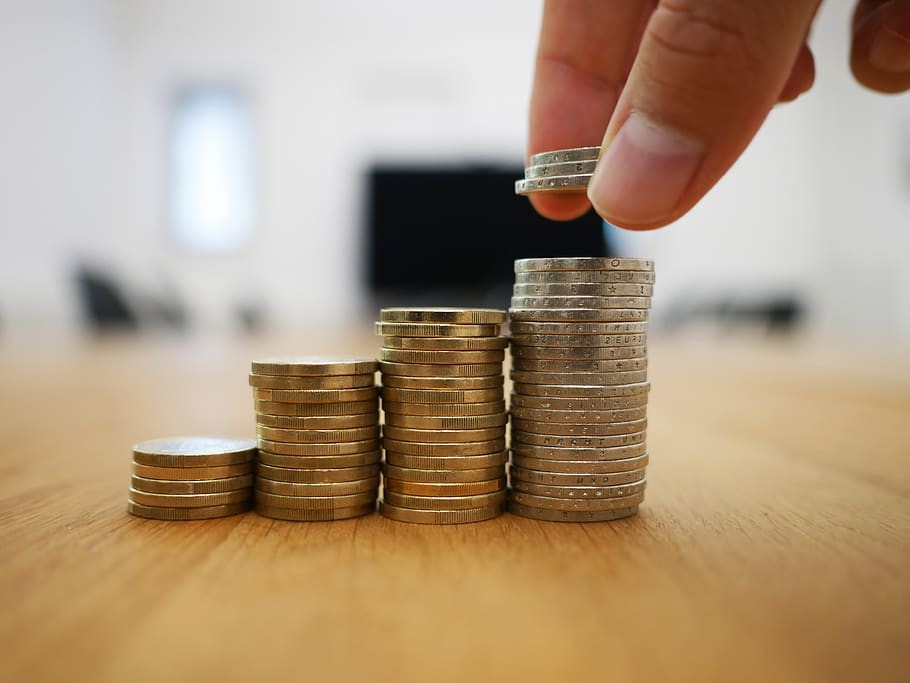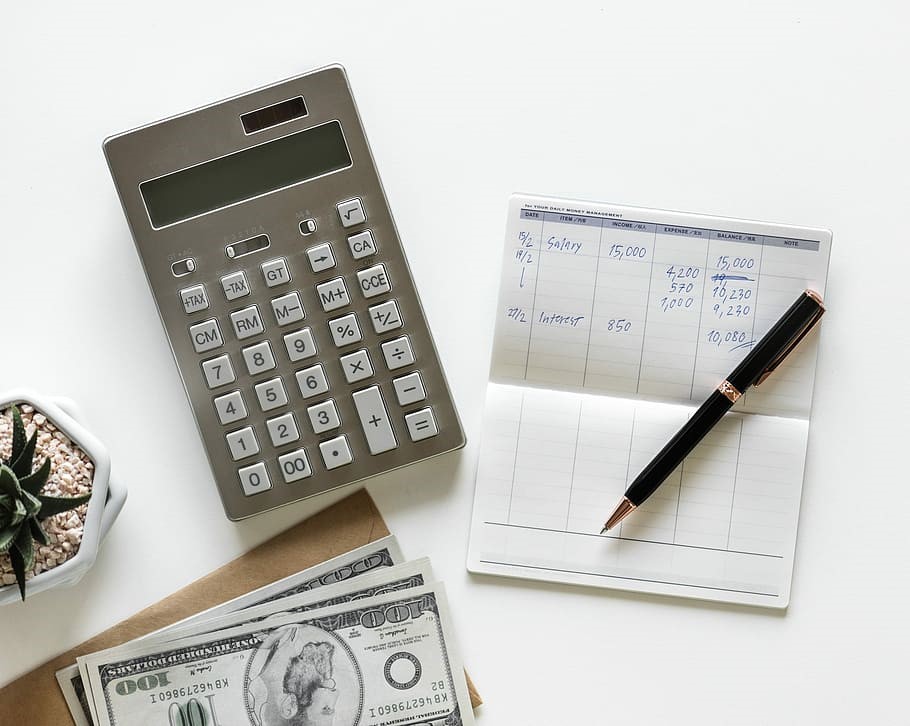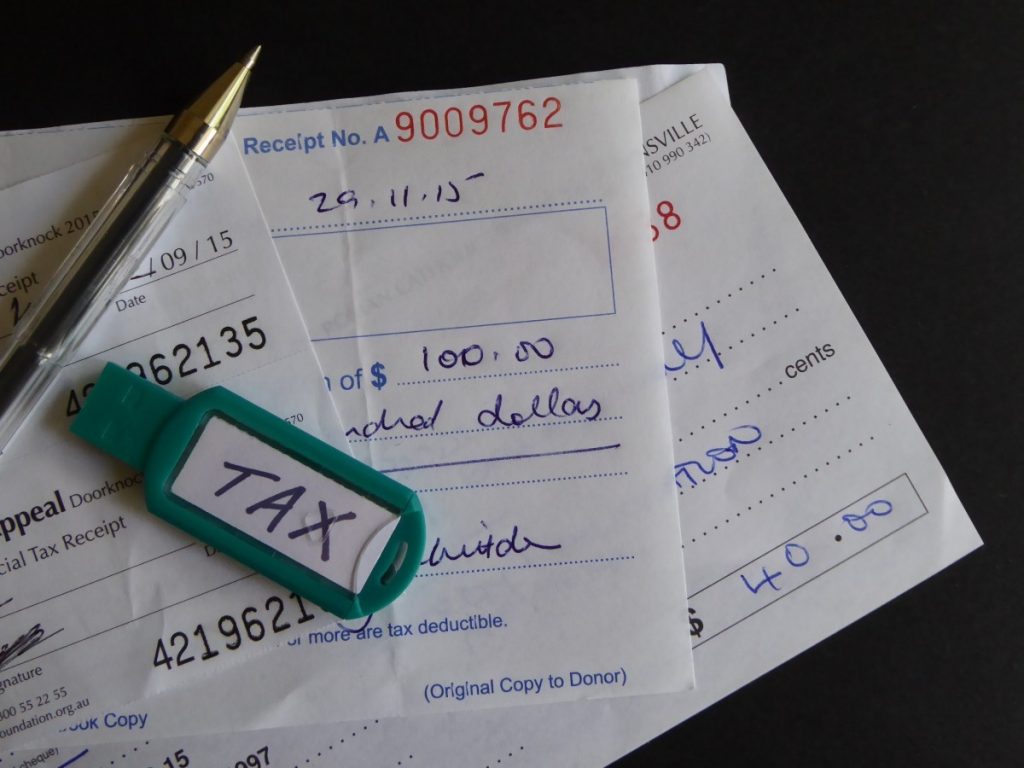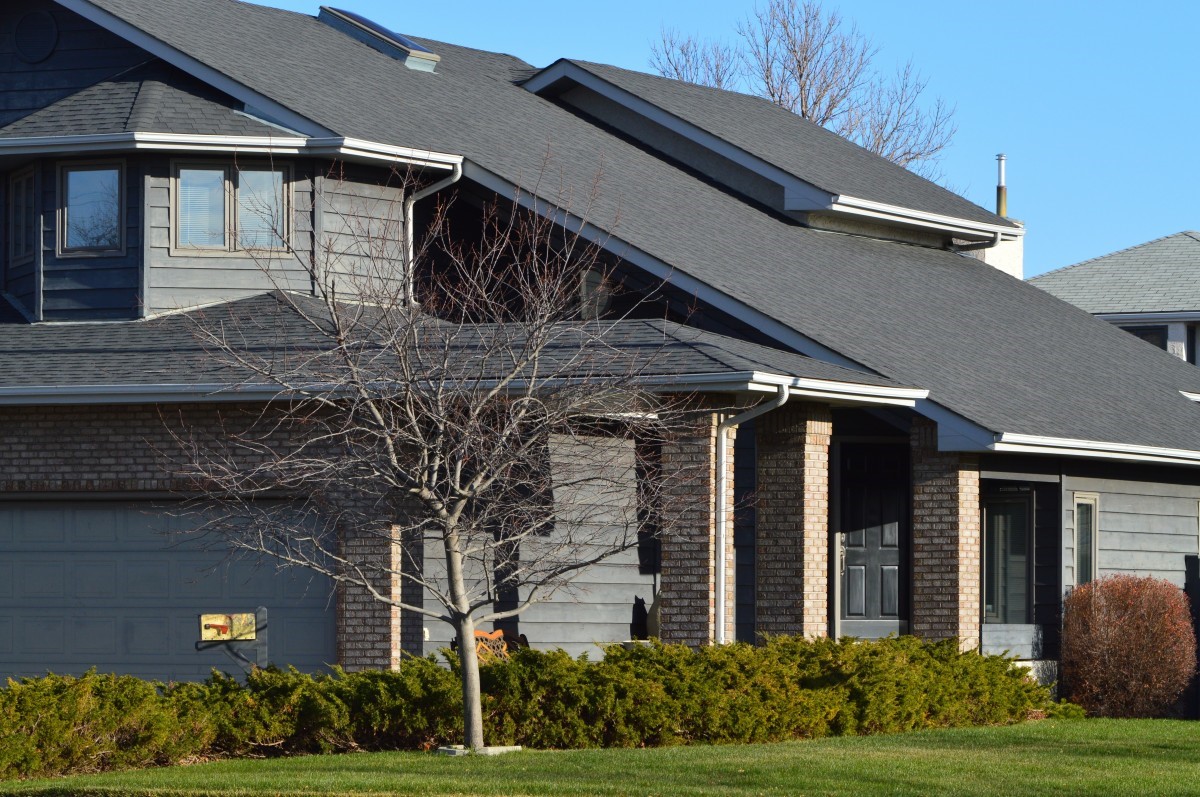There is no denying it. No industry has cumulatively created more wealth in the history of humankind than real estate. But for whatever reason, many people still remain skeptical about joining the fray.
That said, real estate investing isn’t a guaranteed road to riches. To succeed, you need to make informed decisions about property investing. For instance, as you may have probably heard in real estate circles, location is everything.
Investing in the right location will result in serious profits as well as higher real estate appreciation, all while earning decent rental income for many years to come.
Other things you may need to do in order to make decent returns include:
- Choosing low-maintenance properties
- Looking for growth areas
- Buying a property with the potential to make high returns
- Avoiding fixer-uppers
- Knowing how to find and screen prospective tenants
With these bases covered, what ways can you realistically expect your rental property to make you money? Well, that’s what this article aims to answer.
6 Ways a Rental Property Can Make You Money
1. Rental Income

This is, undoubtedly, one of the most common methods of making money with a rental property. People will always need a place to live and that means that rental properties will not be going anywhere anytime soon.
As a matter of fact, the national homeownership rate is dropping, at least for younger Americans. And several factors can try to explain this trend. One, the price of homes has risen much faster and has, therefore, become unaffordable for many people.
What’s more, younger Americans appreciate the flexibility that comes with renting. The resulting trend is that millennials, in particular, are staying in the rental market through their 20s and mid-30s.
All this adds up to the fact that the American rental market is booming.
Of course, however, before making any investment, you’ll want to work out the potential cash flow first.
2. Amortization

With every month that you pay back your mortgage, a part of that money goes to pay down the principal amount you owe on the property.
The key point, however, is that you’ll be using someone else’s money toward paying down your loan.
Ever looked at how mortgages are usually calculated? With a 30-year fixed mortgage, for instance, with each passing year, you will be paying down an increasingly higher principle than the previous year.
This means that you will be building equity with every year that goes by using someone else’s money.
3. Appreciation

There are many local factors as well as some booms and busts that determine the average appreciation rate for homes in the area. As per Zillow, depending on the index used for the calculation, home prices usually appreciate at an annual rate of between 3- and 5 percent.
There are two steps to calculating a rental property appreciation. The first step involves figuring out the annual rate by calculating future growth. Zillow can help you in this regard.
Once you have calculated the future growth, move on to the next step and calculate the future value. You can get it by multiplying the current fair market value by future growth.
That said, don’t forget that real estate appreciation is only but an estimation. This is because no one can accurately predict what exactly will happen to house prices or the future state of the real estate market.
4. Equity
Appreciation and amortization contribute to profit by virtue of another concept known as equity. Equity is simply the difference between an asset’s value and any debt on it.
What is left after paying down the mortgage and after factoring in the appreciation is what is called equity?
5. Tax Benefits

There are many taxes associated with running a rental property. Luckily, Uncle Sam allows landlords to deduct some expenses associated with running it. In fact, of all the asset classes, the most generous tax advantages can be found in real estate.
The following are the top tax deductions for landlords:
- Legal and professional services
- Insurance
- Employees and independent contractors
- Home office
- Travel
- Pass-through tax deduction
- Personal property
- Repairs
- Depreciation for rental real property
- Interest
These benefits can often make the difference between earning a profit and losing money on an investment property.
6. 1031 Exchange
As a landlord, you can also make money on your rental property through a 1031 Exchange.
Simply put, this strategy allows you to “defer” paying capital gains taxes on your investment property when you sell it, as long as you purchase another “like-kind property” with the proceeds of the sale of the first property.
Clearly, there are so many ways in which you can make money with your rental property. That said, you will only be able to do so if you make the right investment decision to begin with. For example, buying the right property in the right area.




